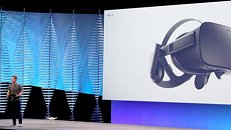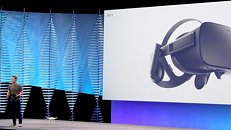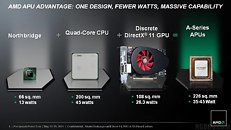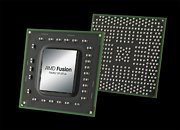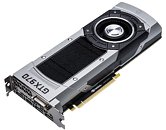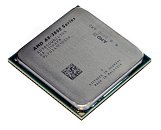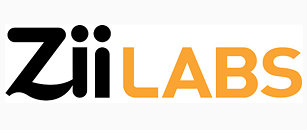The Carmack-ZeniMax Odyssey Carries On - Carmack Files $22.5 Million Lawsuit
Tough breakups aren't easy by definition, and the breakup between legendary programmer John Carmack and former employer ZeniMax has probably been one of the most worded of all. Now, Oculus Chief Technology Officer John Carmack has filed a lawsuit against ZeniMax for $22.5 million, money he claims ZeniMax still owes him from id Softwares' $150 million sale to ZeniMax back in 2009. Carmack says the amount he is filling for is part of the $45 million owed to him for the sale, of which he has already been able to convert 22.5 million (the non-missing half) in ZeniMax shares. However, Carmack says ZeniMax is unlawfully withholding the remaining $22.5 million because of "sour grapes".
Carmack claims ZeniMax is holding back the payment as payback for "a series of allegations regarding claimed violations of Mr. Carmack's Employment Agreement", referencing the Zenimax/Facebook lawsuit over the supposed theft of trade secrets. However, Oculus was recently found not guilty of stealing trade secrets, though the court ordered the company to pay $500 million for copyright infringement, false designation and the violation of Palmer Luckey's NDA. Oculus is appealing the case, calling the prior ruling "legally flawed and factually unwarranted."
Carmack claims ZeniMax is holding back the payment as payback for "a series of allegations regarding claimed violations of Mr. Carmack's Employment Agreement", referencing the Zenimax/Facebook lawsuit over the supposed theft of trade secrets. However, Oculus was recently found not guilty of stealing trade secrets, though the court ordered the company to pay $500 million for copyright infringement, false designation and the violation of Palmer Luckey's NDA. Oculus is appealing the case, calling the prior ruling "legally flawed and factually unwarranted."

